What is Hydrogen Tank For Compression Applications
Hydrogen tanks for compression applications are specialized containers designed to store and transport hydrogen gas under pressure. These tanks are essential for industries that utilize hydrogen as a raw material or for fuel, such as manufacturing plants, power generation facilities, and vehicles that run on hydrogen fuel cells. The primary purpose of a hydrogen tank is to maintain the integrity and safety of the stored hydrogen, as the gas is highly flammable and can be explosive under pressure.
The design of hydrogen tanks is influenced by various factors, including the type of hydrogen being stored (pure or as a blend), the required pressure levels, and the material of the tank itself. Typically, these tanks are constructed with a robust outer shell and a liner that can withstand the high pressure environment inside. They may also incorporate safety features such as pressure relief valves and rupture disks to protect against overpressurization.
Hydrogen tanks for compression applications work on the principle of maintaining high-pressure gas storage in a controlled environment. When hydrogen is added to or removed from the tank, it expands or contracts, causing the tank's walls to flex. To prevent damage and ensure safety, the tank's materials and construction are chosen based on rigorous standards and testing to withstand the stresses of high-pressure environments.
Types of Hydrogen Tanks for Compression Applications
In the realm of hydrogen storage, several types of tanks are available, each with its own set of characteristics tailored for specific applications:
-
Steel Tanks: These are robust and durable options widely used in heavy-duty applications. Steel tanks can store large volumes of hydrogen gas at high pressures, making them suitable for industrial settings or in situations where a significant amount of compressed hydrogen is required.
-
Composite Tanks: Made from lightweight materials such as carbon fiber or fiberglass, composite tanks offer a high strength-to-weight ratio. They are ideal for use in vehicles or portable applications where weight is a critical factor for mobility.
-
Engine Tanks: Engine tanks are designed to be mounted on vehicles. They often feature a saddle shape to conform to the chassis or frame of a vehicle, providing a stable platform for the engine and fuel delivery system.
-
Hydrogen Storage for Pneumatic Applications: These tanks are specifically designed for use with pneumatic systems, which use compressed air to store hydrogen. They can be found in applications where a combination of rapid refueling and portability is necessary.
How to choose Hydrogen Tank For Compression Applications
Choosing the right hydrogen tank for compression applications involves several considerations to ensure safety, compliance with regulations, and alignment with operational needs. Businesses should assess factors such as tank material, design pressure, capacity, and environmental conditions where the tank will be used.
-
Material: The choice of tank material impacts its durability and how it interacts with the stored hydrogen. For instance, stainless steel offers high resistance to stress and corrosion and is suitable for indoor use, while carbon steel may be more cost-effective for outdoor storage due to its strength and lower initial investment.
-
Pressure Requirements: Businesses must adhere to local safety standards and consider the pressure demands of their applications. Some tanks may require ASME (American Society of Mechanical Engineers) certification to meet specific pressure ratings.
-
Capacity: The tank’s capacity should be appropriate for the volume of hydrogen that needs to be stored without compromising on space efficiency. Larger tanks can accommodate more hydrogen but may also come with higher costs and space considerations.
-
Safety Features: To mitigate potential hazards, businesses may prioritize tanks with safety features such as valves with protective covers, pressure relief devices, and leak detection systems.
About Hydrogen Tank For Compression Applications on Alibaba.com
For businesses seeking reliable hydrogen tanks for compression applications, Alibaba.com stands out as an exceptional marketplace offering a comprehensive range of solutions from reputable suppliers around the world. With an extensive selection of hydrogen storage products tailored to fit different industrial needs—ranging from high-pressure industrial cylinders for cutting-edge fuel cell vehicles to large-volume tanks for stationary power generation—Alibaba.com connects buyers with vendors providing solutions that align with industry standards.
Alibaba.com's global reach enables businesses to source hydrogen tanks that meet their specific requirements while benefiting from features such as Trade Assurance—a service designed to protect payments up until delivery completion. This provides peace of mind regarding quality and transaction security. Moreover, Alibaba.com's platform supports communication in local languages and offers mobile-friendly buying options—simplifying negotiations and transactions regardless of location.
Whether your business is scaling up its operations or streamlining its supply chain for efficiency, Alibaba.com offers a diverse array of hydrogen tanks with varying specifications such as material type, working pressure, key selling points, and after-sales service options. This variety ensures that you can find a product that fits your business's unique needs while enjoying support services that make purchasing easier—making it an invaluable asset in today's competitive marketplace.
Common FAQs for Hydrogen Tank For Compression Applications
What are the primary applications of hydrogen tanks for compression applications?
Hydrogen tanks are used in various compression applications, including fuel storage for fuel cell vehicles, industrial and commercial hydrogen supply, and temporary storage for hydrogen during transportation.
How do different materials used in hydrogen tanks, such as carbon fiber, affect their performance?
The choice of material for a hydrogen tank affects its weight, pressure tolerance, and cost. Carbon fiber tanks are known for their high strength and low weight, making them suitable for vehicles, while stainless steel tanks offer durability for stationary applications.
What is the significance of pressure rating in hydrogen tanks for compression applications?
The pressure rating of a hydrogen tank, often measured in pounds per square inch (psi), determines the maximum pressure that the tank can withstand. It is a critical safety consideration to ensure the tank can safely contain the hydrogen under the system's operating conditions.
Can hydrogen tanks be customized for specific applications?
Yes, hydrogen tanks can be customized in terms of capacity, material, pressure rating, color, and after-sales services to meet the unique requirements of different applications and industries.
What core components should be considered when selecting a hydrogen tank for compression applications?
Key core components to consider include the storage tank (inner vessel), the type of core material (carbon steel or stainless steel), and the material of the outer shell (aluminum or carbon steel). Each component is crucial for safety and performance.
Are there specific maintenance requirements for hydrogen tanks used in compression applications?
Hydrogen tanks used in compression applications require periodic maintenance to ensure safety and performance. This may include inspections for leaks or damage, pressure tests, and ensuring that safety devices are functioning properly.
How does the choice between carbon steel and stainless steel material affect the performance of hydrogen tanks in industrial applications?
Stainless steel is preferred for its corrosion resistance, making it suitable for harsh environments and preventing leaks. Carbon steel tanks may be used in less demanding environments but require additional protection against corrosion.
What safety standards should hydrogen tanks comply with for industrial use?
Hydrogen tanks for industrial use should comply with relevant safety standards such as ASME (American Society of Mechanical Engineers) or equivalent, which define the minimum safety requirements for the design, manufacture, and operation of pressure vessels.
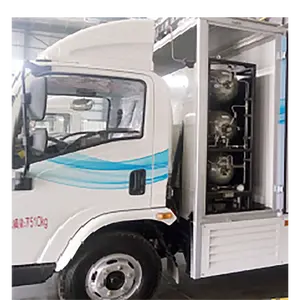







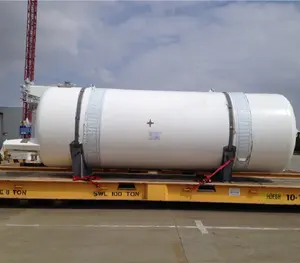
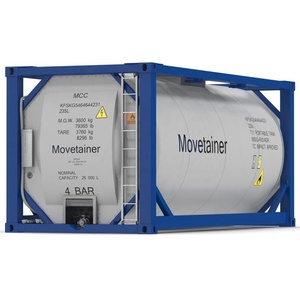







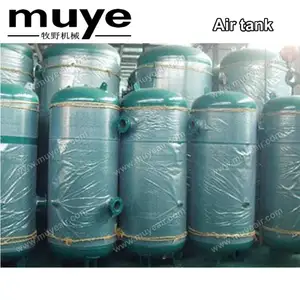


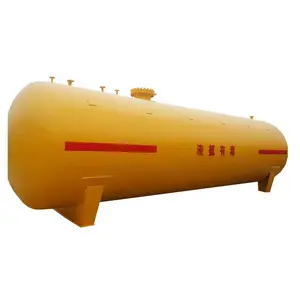
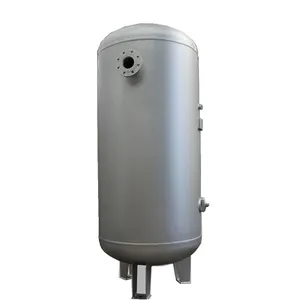





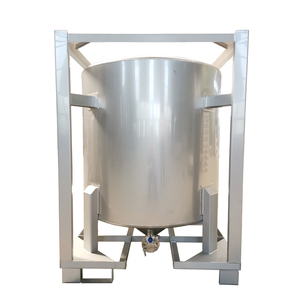



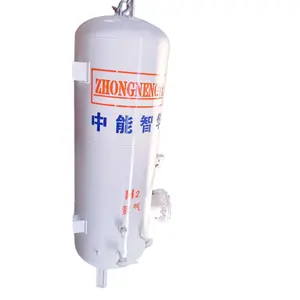

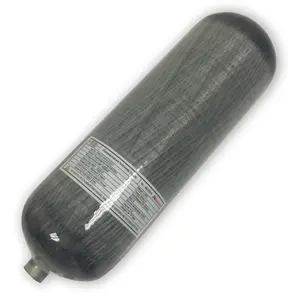
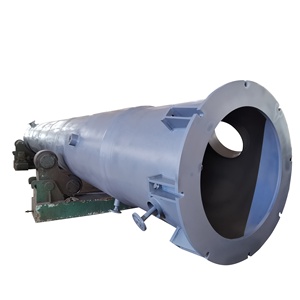




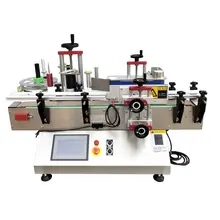






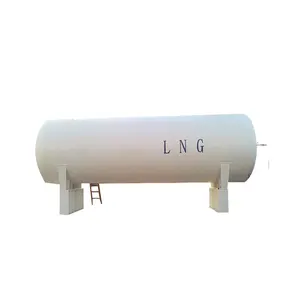


























 浙公网安备 33010002000092号
浙公网安备 33010002000092号 浙B2-20120091-4
浙B2-20120091-4